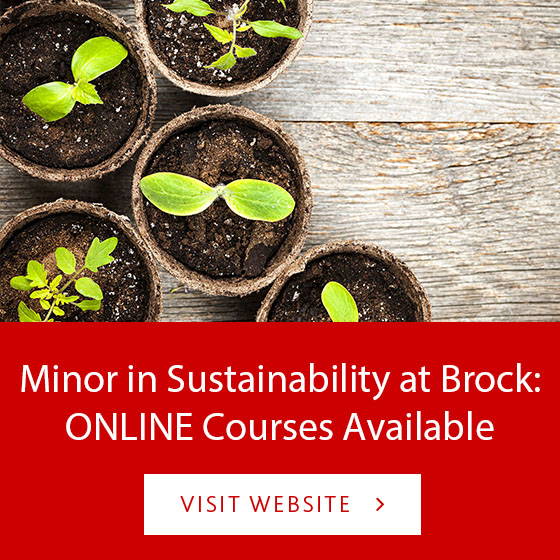Published on April 23 2013
April 22, 2013
By: Ryan Bullock
The three-year, € 1 000 000 initiative, which involves researchers in North America, Europe and Australia, aims to find innovative policies and governance structures to address competing demands for water in the face of climate change and other major threats to water supplies.
The project is called CADWAGO – Climate Change Adaptation and Water Governance: Reconciling Food Security, Renewable Energy and the Commission of Multiple Ecosystem Services. It is one of four proposals to win grants this year from the highly competitive Europe and Global Challenges programme, which is funded by three independent foundations: Riksbankens Jubileumsfond, the Volkswagen Stiftung and Compagnia di San Paolo.
The Europe and Global Challenges programme aims to encourage scientists to collaborate with partners around the world to tackle global challenges that require transnational solutions: from climate change, to pandemics, to rising conflicts around natural resources. Researchers with the Brock Environmental Sustainability Research Centre (ESRC) will lead the North American component of the multi-year comparative study.
The Intergovernmental Panel on Climate Change (IPCC) has warned that water resources and the ecosystems that depend on them will be affected by various climate change impacts, including changing sea levels, shrinking glaciers and reduced snow cover, changing weather and precipitation patterns, and an increase in extreme weather events. In many places, these impacts could result in severe water stress and present serious implications for water resource management and, more broadly, for sustainable development. Since water is a necessity of life, crucial for a wide array of sectors, water scarcity could jeopardize economic growth and efforts to reduce poverty, disrupt energy systems, and also threaten food security, locally and globally.
“At the same time, demand for water is rising, with research suggesting that by 2030, there will be a global deficit of 40% between supply and demand”, says Neil Powell, CADWAGO project manager and Senior Research Fellow with the Stockholm Environment Institute (SEI). “Without a significant change in how we manage water resources, the issue of supply and demand will be impossible for governments to solve. A more global and collaborative approach needs to be part of the solution. But currently we do not have a mechanism for coordinated global management of water resources.”
Collaborating for Solutions
That is the focus of CADWAGO: What policy options would make it possible to manage our water resources collectively – and better – so that we can increase our capacity to adapt to climate change? Collaborating with international colleagues on the CADWAGO project will provide a chance for Brock researchers to inform EU decision-makers and shape policies addressing global water governance issues that affect us all.
At Brock University, the project team includes Principal Investigator Ryan Plummer, Co-Investigators Steven Renzetti and Diane Dupont, and Postdoctoral Fellow Ryan Bullock. It is joined by ESRC associates Wendee Kubik, Tim Heinmiller, Julia Baird, Marilyne Jollineau and Liette Vasseur to investigate the Niagara River and Great Lakes as a transboundary resource—one situated in a complex setting that is seeing intensifying pressures for urbanization, agriculture, transportation and competing claims for extraction and allocation. In addition, the project involves researchers from the Stockholm Environment Institute, Open University, University of the Sunshine Coast, Swedish University of Agricultural Sciences, Griffith University, University of Tasmania, Oak Ridge National Laboratory, Wageningen UR and University of Sassari/University of Ancona.
“I’m very pleased that ESRC researchers are participating in this large and important project. This signals the growing national and international recognition of the research contributions these scholars are making in the fields of water governance, social-environmental resilience theory and environmental economics” says Steven Renzetti, Program Director of the Water Economics, Policy and Governance Network.
“Being asked to play a leading role in this consortium of noteworthy institutions tackling such an important issue is a privilege and attests to the growing international stature of ESRC”, says ESRC Advisory Board Member Åsa Gerger Swartling. “It also demonstrates the value of ongoing research partnerships, such as the memorandum of understanding with the Stockholm Environment Institute, as well as the regard others see in ESRC’s collaborative and transdisciplinary approach”.
